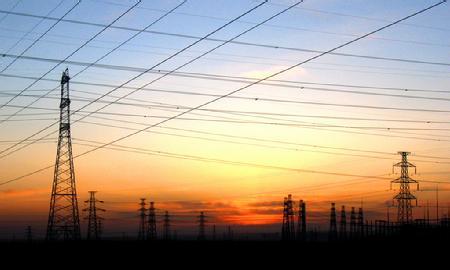 A few days ago, Brunei’s Minister of National Energy announced that it plans to launch a feed-in tariff (FIT) policy in the next 18 months.
A few days ago, Brunei’s Minister of National Energy announced that it plans to launch a feed-in tariff (FIT) policy in the next 18 months. Brunei, a Southeast Asian sovereign country, is synonymous with rich oil reserves and can provide one of the world’s highest living standards for the country’s residents. The country is planning to embark on the renewable energy path in hopes of changing the country. s future.
On September 9, Brunei Energy Minister Yang Berhormat Pehin DatuSingamanteriColonel (Rtd) DatoSeriSetiaDrHjMohdYasminHjUmar announced in the Prime Minister’s Office that the country plans to launch a FIT policy within the next 18 to 24 months. YBPehinDatoHjYasmin stated that it is hoped that the implementation of the FIT subsidy policy will help Brunei achieve its goal of 10% renewable energies by 2035 – this is just one of the many targets listed in the forthcoming Energy White Paper.
Although at the macro and micro level, there is still much work to be done, the Minister of Energy of Brunei hopes that the FIT subsidy policy will support the climate change agenda in Brunei and bring economic benefits to Brunei citizens who install photovoltaic modules in their own homes. He said that implementing the FIT subsidy policy will drive the development of home photovoltaic power generation systems.
At present, the production and export of crude oil and natural gas account for about 90% of the gross domestic product of Brunei, and the country is in a tropical equatorial climate, so the light is abundant, and solar energy is still a kind of resource to be developed in large quantities.
Brunei’s energy minister hopes that the “cleanliness†of solar power will attract private investment, which will help the rapid application of the necessary infrastructure. He added that the FIT subsidy policy will improve the development of smart grids, which will help the renewable energy industry to take root. YBPehinDatoHjYasmin made the above remarks during a speech given by the Renewable Energy and Alternative Energy Task Force under the EastAsia Energy Cooperation Task Force.
In addition, the Brunei Minister of Energy has initiated a seminar aimed at raising concerns about the development potential of photovoltaic and FIT on-grid tariff subsidies. He added that this is an obligation that Southeast Asian member countries should take to meet the current energy situation. There are 600 million people living in areas where there is no stable power supply.
Xinxiang Mina Import & Export Co., Ltd. , https://www.mina-motor.cn